What International exposures do you face as an organisation?
Business in the 21st century continues to undergo rapid change and the nature of risk is continuously evolving. In an increasingly connected and accessible world, the current COVID-19 pandemic demonstrates how quickly situations can globalise and have a broadscale impact.
With this in mind, what international exposures do you face as an organisation?
Questions that should be considered to better understand your risk profile include:
- What assets or numbers of employee do you have in other countries?
- What is the contractual position and obligations with your customers and suppliers?
- What products/services do you provide?
- What is the split of your revenues per location or territory?
As you expand your footprint internationally and as your risk awareness increases, a clearer strategy of how you manage your risks, choose the right insurance programme and purchase that insurance is needed.
Here are 5 areas that may help and influence your approach when developing your strategy:
Risk appetite
You may acquire or merge with an overseas entity that has a very different risk appetite to yours. For example, your strategy of insuring your property against catastrophic losses may be adopted centrally, however the acquired company has always insured with very low excesses. As such, they may insist on buying an excess in-fill policy, essentially pound swapping with insurers and conflicting with your preferred strategic approach.
Company structure
Consideration needs to be given to what assets and exposures you have internationally, what insurances are currently purchased and, perhaps most importantly, the reason they are purchased. It may simply be that insurance is purchased to satisfy a contractual or regulatory requirement, however could the insurance policy be restructured to make it more premium and tax efficient for your organisation?
Equally, if the local entity has a strong capital position, they may be in a position to forego a financial contribution from the holding company. Conversely, a weak capital position could jeopardise their solvency, requiring a contribution to be made and potentially triggering a significant tax liability.
Geopolitical implications
Even before Coronavirus, we were seeing increased levels of Government protectionism around the world, where tariffs are progressively being politically introduced, not least to drive inward investment to stimulate their economies. These political changes can have a significant impact on your operations directly, but also in the event of a claim, where replacement parts are required.
Impact on claims
The tale of two Saints shows us how exchange rate fluctuations can be key factors in claims payments. The GBP(£) to EUR(€) exchange rate was 1.20 on St Valentine’s (14 February) and had dropped to 1.10 on St Patrick’s (17 March). These differences can have a significant bearing on the amount you receive!
Consideration also needs to be given to indemnity periods. If there are components that are vital to achieving a full recovery, that are taking longer than expected to be delivered, there is a chance the timeline could exceed your insurance indemnity, leaving you exposed.
Freedom of Service (FOS)
The above infrastructure is in place to support free trade across Europe and has been extensively used by the insurance industry as a solution to cover assets/exposures in Europe from the UK, without the need for a local policy. As the UK exits the European Union, thought needs to be given to how your European exposures will be covered and, if a separate FOS policy is to be adopted, which territory that policy should be based in.
Griffiths & Armour has an established reputation as a leading provider of tailor-made risk and insurance programmes for multinational clients, utilising expertise from around the globe, aligned with dedicated local resource. Understanding your global insurance needs and maintaining a clear understanding of your local regulatory requirements enables Griffiths & Armour to differentiate your insurances and deliver more effective returns for you.
If you have any questions or feedback on the information in this article or have any general insurance queries please get in touch using the CONTACT option below and we will be in touch shortly.








